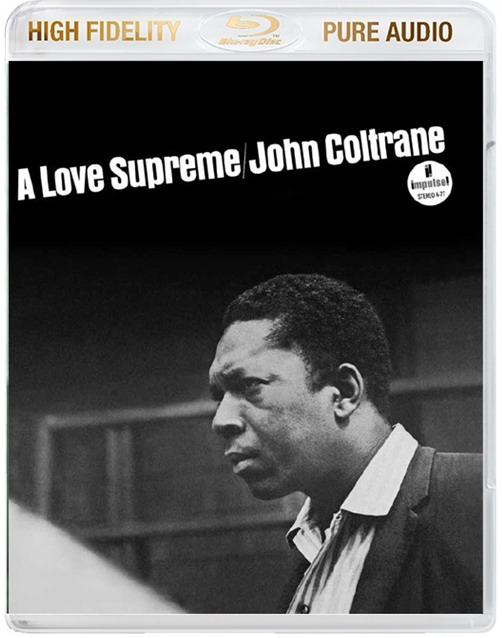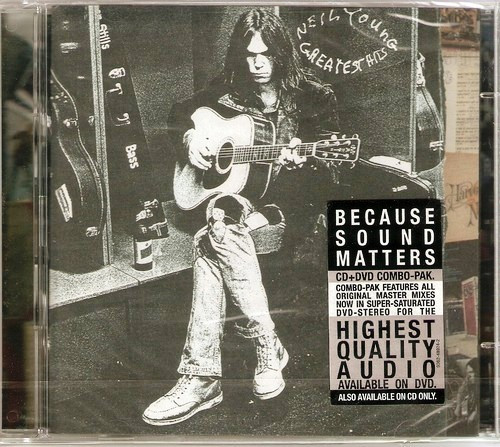I found this very short and interesting summary explaining why higher resolution is beneficial even for old ears that can no longer hear high range frequencies.
https://heronislandstudio.co.uk/?p=155
Here is the crux of the article:
"Yet people reliably report that high sample rates like 88.2 and 96 KHz sound better than 44.1 and 48 KHz. The reason for this, as the legendary mastering engineer Bob Katz explains, is in the way currently designed digital toaudio analog converters (DACs) work. When converting from digital to analog for playback, it is very difficult and expensive to produce an undistorted signal with lower sample rates like 44.1 or 48 KHz. There are at present no commercially available systems that can reproduce these sample rates without distortion. However, once you are at a high sample rate like 88.2 or 96 KHz a good converter can produce a completely undistorted analog signal with ease. So the difference people are hearing, is not the high frequency content, but the fact that lower sample rates cause the converters to distort the analog signal."
I don't know how old the article is, but the implication may be that the high-end DACs perform better than the run-of-the-mill DACs on material with the lower resolutions. And that there isn't as much difference between the DACs for processing material at 88.2 and 96 kHz resolution.
https://heronislandstudio.co.uk/?p=155
Here is the crux of the article:
"Yet people reliably report that high sample rates like 88.2 and 96 KHz sound better than 44.1 and 48 KHz. The reason for this, as the legendary mastering engineer Bob Katz explains, is in the way currently designed digital to
I don't know how old the article is, but the implication may be that the high-end DACs perform better than the run-of-the-mill DACs on material with the lower resolutions. And that there isn't as much difference between the DACs for processing material at 88.2 and 96 kHz resolution.
Last edited:





